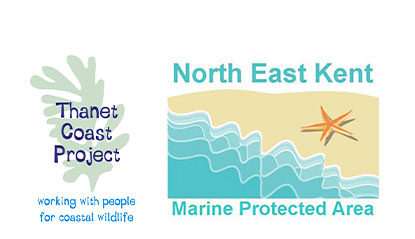Specific codes
Activities covered by Health and Safety at Work Regulations 1992
- The Health and Safety at Work Regulations 1992 cover every institution or organisation in England and Wales. Ensure you are aware of them and that you meet the requirements necessary in your field of work.
- Risk assessment involves work activities such as manual handling and operation of equipment, work with chemicals, carcinogenic or biological agents, activities involving radioactive substances or sources, laboratory equipment, electrical appliances etc.
- Ensure you have assessed your research or activity in relation to hazards and risks.
- Measures must then be introduced that minimise and reduce hazards and risks to yourself and others.
- You need to consider what safety impacts these measures might have on the environment
- For more information look on the HSE website www.hse.gov.uk
General Sciences
- Conduct a pilot study to gauge the relevance of your research and any environmental/ecological impacts that may occur.
- Show interest in other coastal users – always be friendly and approachable, try not to hold pre-conceived ideas – you might learn something relating to your area of study!
- Show consideration to other coastal users – inform them of your actions and why your work is necessary.
- Your area of study and any related activities will impact on the work of other researchers – be considerate!
- Contact the relevant authorities and seek clearance concerning any work you wish to conduct. Do not take it for granted that you can do what you want on any part of the coastline. Parts of the coastline may be under private ownership.
- Assist future research by ensuring that your research material is available to others.
- The publication of specific locations should be avoided, especially in vulnerable areas. However, a scientific argument may require these locations to be disclosed.
- Go one step further! Remove some rubbish from your area of study and help increase coastal cleanliness.
Earth Sciences – Geology and Geomorphology
- Avoid damaging substrata especially sensitive types – cliffs, wave-cut platforms, mudflats, sand dunes.
- Replace or infill where necessary.
- Avoid disfiguring rock surfaces with numbers/symbols. Use a GPS and record the location and data necessary.
- Fossil or rock specimens should not be removed without clearance from the necessary authorities and only if required for study.
- Avoid using the same locations to take samples. Use a random approach to collect bore-hole samples and avoid establishing patterns or sampling in a small and defined area.
- There is more useful information in English Nature’s free leaflets: ‘Managing geological sites’ and ‘Fossil collecting and conservation’, available from the local office.
Biological Sciences – Biology and Ecology
- Avoid using scientific equipment that may damage the environment, for example, mercury thermometers if broken.
- Always clean boots, sample nets and other sampling equipment to avoid or minimise the chances of spreading alien species.
- If working near roosting or feeding birds, wait until environmental disturbances occur – for example, aircraft, birds of prey, and sirens, before accessing these areas (you usually don’t have to wait long!).
- Do not disturb breeding birds. If you are unsure about locations of breeding or roosting birds, contact English Nature before starting work.
- If accessing an area on a regular basis avoid establishing paths across vulnerable vegetation, such as sand dunes and marshes.
Physical Sciences – Hydrology, Metallurgy, Chemistry and Physics
- Reduce the risk of spillages. Work that involves using chemical agents should be conducted in the laboratory where possible.
- Is your activity necessary? Can outside work be avoided? What safely measures will you use?
- Chemical waste products should be disposed of in the correct manner.
Geography – Landuse, Economics and Human Sociology
- Avoid using brightly coloured markers, or other long-term survey equipment for surveying in sensitive areas.
- Conduct qualitative surveys with respect to other coastal users.
- Remember to report hazards or unusual items such as canisters, drums or oil-affected birds to help authorities deal with problems quickly.
For school field trips or organised groups – see Thanet Coastal Code’s Field Trip Code

